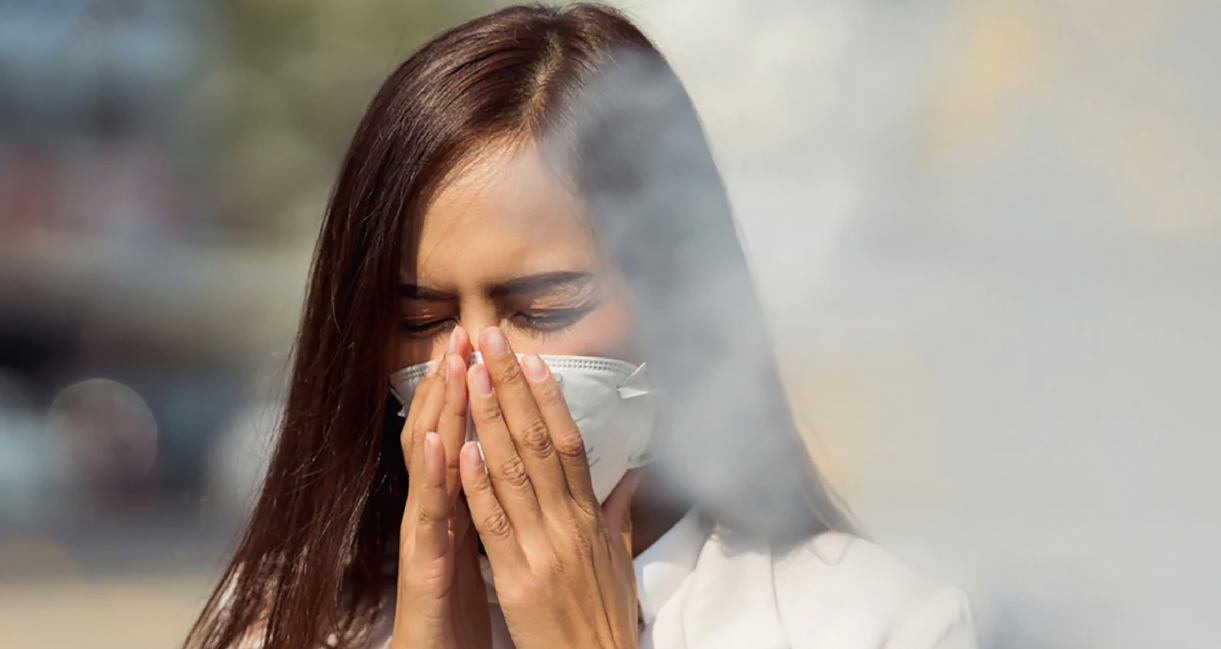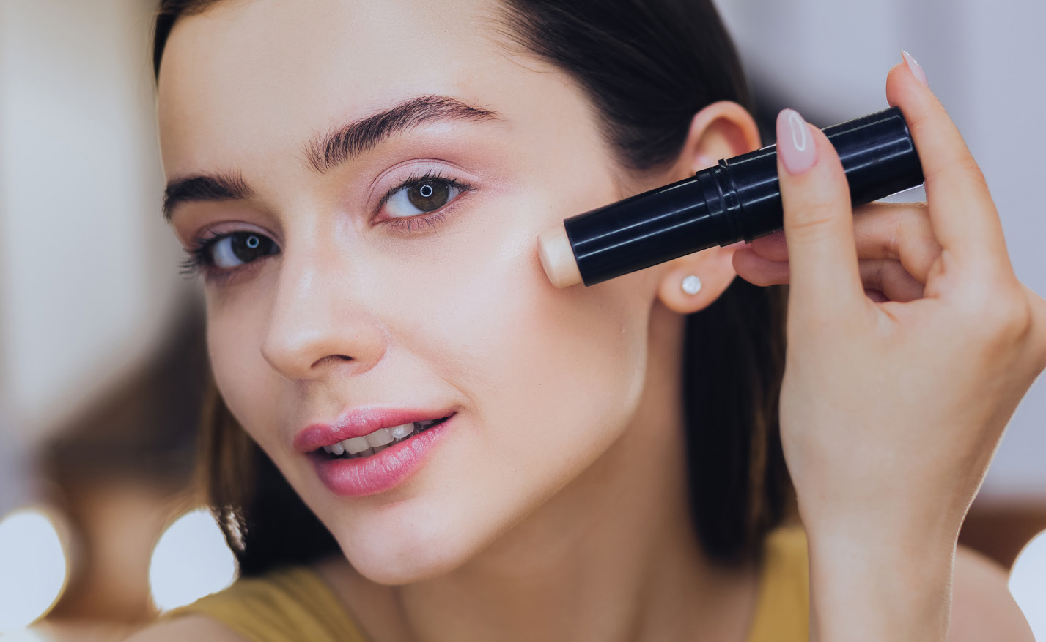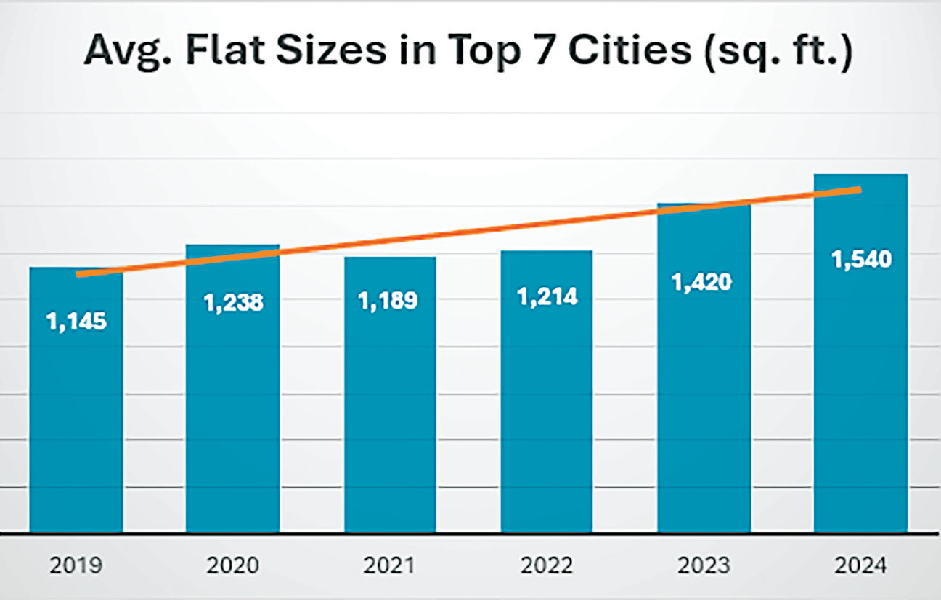
Breaking bubbles
Rachana Ramesh
If you feel like your social skills have gotten a little rusty during the COVID-19 pandemic, you’re not alone. As social distancing restrictions loosen, it’s normal to feel some nervousness or anxiety, especially if you’ve been relatively isolated or in a small bubble during the pandemic and are now starting to socialise in larger groups or with people you haven’t seen for a while.
In addition to standard concerns about health and safety, people with social anxiety are likely to be worried about doing things “right”-- messing up social norms by making a misstep or simply not knowing what to do. They may stress about questions like, “Am I supposed to hug this person? Should I shake their hand or do an elbow bump? How close should I stand?”. “Ever work with someone who you feel 100% socially awkward around, and they call you out for said behaviour in front of colleagues?” @RobynHodgson7 wrote on Twitter.
“I’ve really outdone myself this week: Emailed a story pitch to an online magazine yesterday and today, I phoned and spoke to a real, live, lovely human about a writing course. What’s more, I’m even posting about it! The hermit is resurfacing,” wrote Virginia Muzik on her Twitter.
Social anxiety has evolved its features through the pandemic. Virginia confined to her covers between the four walls of her house experienced social anxiety through phone wires and wifi signals. She would otherwise have experienced the same in an outside setting – a restaurant where she would have set up a meeting with an old acquaintance or would have to announce exciting news to a group of her friends at a party.
Just like it sounds, the term refers to the experience of anxiety in a social context. But it’s more than just feeling a little bit nervous. If one has a social anxiety disorder, they may worry about little things – tripping over words or other people noticing how nervous they are feeling. That they are blushing or sweating, even if they aren’t. These concerns can be limited to certain settings, like public speaking, or they can apply to any social situations with other people, especially unfamiliar ones. “Please understand those people who’re suffering from social anxiety – it’s not normal, you can’t call that overacting, it’s a serious condition. That’s why Instead of judging them, you should be there for them,” tweets @Tsukiyooo07 on his Twitter. You may find it physically and emotionally exhausting to relearn all those little social graces that you haven’t actively practised during the pandemic. Just try to be kind to yourself throughout the process and considerate of others.
 English daily published in Bengaluru & Doha
English daily published in Bengaluru & Doha






